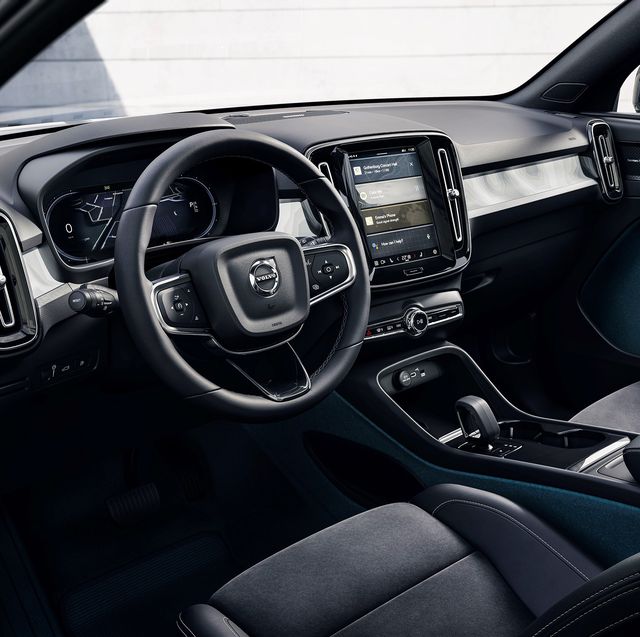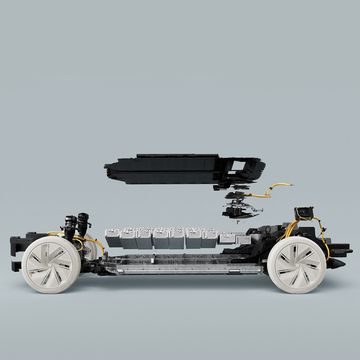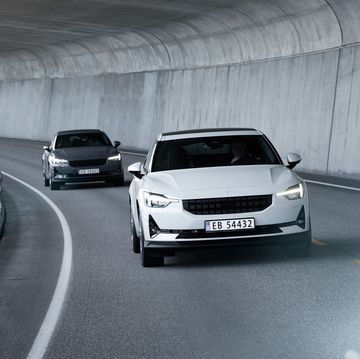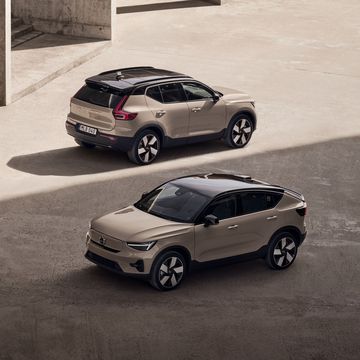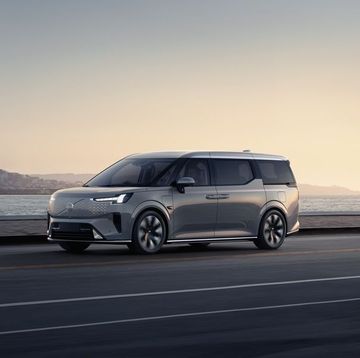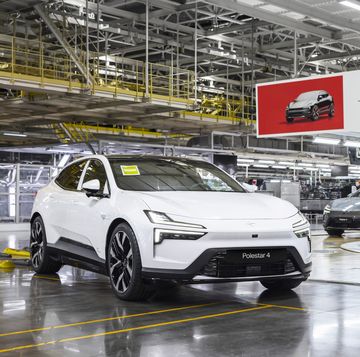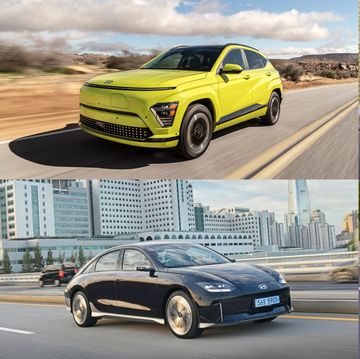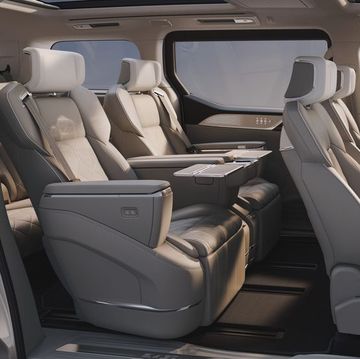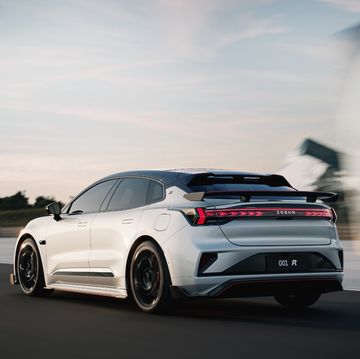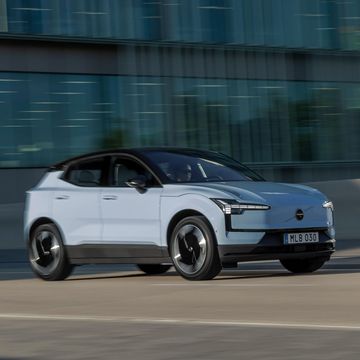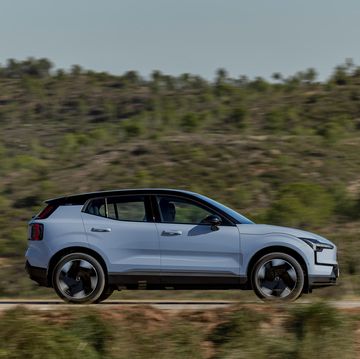- Starting with the C40 Recharge, Volvo won't offer leather in its electric cars.
- Volvo will begin offering Nordico, which is a textile made from a number of recycled materials, starting with the next generation of its vehicles.
- The automaker is working on making all of its factory sites climate neutral.
The Swedish automaker plans to go electric-only by 2030—a move that it announced some time ago—but before it ditches internal combustion engines altogether it will drop one other long-accepted item from its vehicles: leather. Volvo revealed just a couple of days ago that starting with the C40 Recharge, all battery-electric models that it offers will not offer leather at all.
The automaker describes the move as an ethical stand in favor of animal welfare, and will instead work to find sustainable, high-quality sources not only for leather but other materials that have been used for decades in the auto industry.
"Being a progressive car maker means we need to address all areas of sustainability, not just CO2 emissions," said Stuart Templar, director of global sustainability at Volvo Cars. "Responsible sourcing is an important part of that work, including respect for animal welfare. Going leather-free inside our pure electric cars is a good next step towards addressing this issue."
Just what will replace leather?
A new material created by Volvo itself called Nordico, which is composed of textiles from recycled corks used by the wine industry, recycled polyethylene terephthalate (PET) bottles, as well as bio-attributed materials from Swedish and Finnish forests. Nordico is planned to debut in the next generation of Volvo models, the automaker says.
Volvo is focusing not just on interior upholstery in its drive to use more sustainable materials, but cars as a whole. By 2025 the automaker wants 25% of all materials used in cars to be be composed of recycled and bio-based content, ahead of an even more ambitious goal of having a fully circular chain by 2040. Volvo is also focusing on where the energy for its factories comes from, having made plans for all of its sites to become climate neutral in the coming years.
However, Volvo plans to keep wool blend options, but will only purchase it from suppliers that are certified to source wool responsibly.
"Finding products and materials that support animal welfare will be challenging, but that is no reason to avoid this important issue," Templar added. "This is a journey worth taking. Having a truly progressive and sustainable mindset means we need to ask ourselves difficult questions and actively try to find answers."
Volvo is not the sole automaker planning to offer vegan interiors, but at the moment it's the only one planning to actively phase out leather ahead of a turn to an EV-only lineup.
Of course, there is a greater issue with plans to offer only battery-electric cars in the coming years as well, one that's been a matter of debate for the better part of the last decade. And it concerns metals currently used in EV batteries and their extraction through mining.
It goes without saying that transitioning to an EV-only lineup for Volvo and other automakers will be much more difficult that dropping leather interiors from cars, as without significant changes in battery composition in the coming years the EV battery industry could face production bottlenecks and supply issues of its own.

Jay Ramey grew up around very strange European cars, and instead of seeking out something reliable and comfortable for his own personal use he has been drawn to the more adventurous side of the dependability spectrum. Despite being followed around by French cars for the past decade, he has somehow been able to avoid Citroën ownership, judging them too commonplace, and is currently looking at cars from the former Czechoslovakia. Jay has been with Autoweek since 2013.
